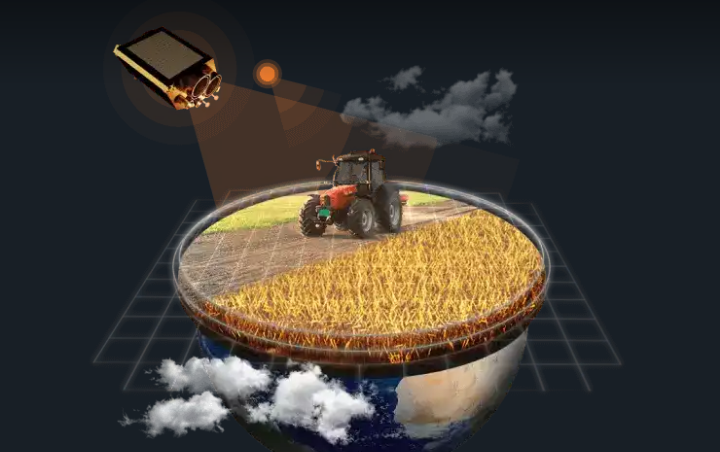Dragonfly Aerospace, a start-up company in South Africa’s aerospace industry, has generated a lot of buzz as its microsatellite, which was made in South Africa, launches from Cape Canaveral. As a component of the Transporter-6 mission, the EOS SAT-1 satellite was launched from the SpaceX launch site.
The live launch was supposed to take place at 09:56 Eastern Time (ET) or 14:56 Greenwich Mean Time (GMT) on Tuesday, 3 January 2023; nevertheless, it took place at 17:00 UTC/18:00 GMT on Thursday, 5 January 2023.
According to its co-founder and chief executive Bryan Dean, the company is very excited about the launch of SpaceX’s Transporter-6. Dragonfly Aerospace, which has its headquarters in Stellenbosch, is now working on the construction of a network of compound “eyes in the sky” that promises to be revolutionary for both industries and society.
Read also: Egypt Plans Satellite To Monitor Climate Change In Africa
CEO’s Remark Before EOS SAT-1
Dean had this to say before the launch, “This is a key moment for Dragonfly Aerospace and we are thrilled to be delivering EOS SAT-1 with a number of firsts – the first imaging satellite designed and built by Dragonfly, the first microsatellite to be manufactured in South Africa since 2009, the first satellite of the EOS SAT constellation and the first agri-focused constellation in space.”
“This has been an important project for our whole team and has allowed us to demonstrate our capabilities, not just in producing high-performance electro-optical imagers, but in designing and manufacturing a full imaging satellite system.”
Dean adds that the Dragonfly Aerospace team is excited about the opportunity to assist EOS Data Analytics (EOSDA) in achieving its goal of launching the subsequent six satellites by the year 2025. For client EOSDA, this satellite is the first of a constellation of seven satellites that will be placed in low Earth orbit.
Egypt aided by AfDev-Sat Plans To Deploy First Satellite Prototype For Climate Monitoring
Details on EOS SAT
EOS SAT is the world’s first satellite constellation with a primary emphasis on agriculture. Its mission is to provide the agricultural and forestry industries with high-quality data in order to promote techniques that are both efficient and environmentally friendly.
The images that Dragonfly’s EOS SAT-1 gathers will provide vital information that can be used for harvest monitoring, application mapping, seasonal planning, and evaluations that describe such as soil moisture, yield prediction, and biomass levels.
This kind of knowledge will have significant positive effects on the ecosystem of our planet, and it will assist in preventing the depletion of natural habitats that are necessary for the development of crops and the preservation of biodiversity.
EOS SAT-1 is one of the most competent imaging satellites currently operating in LEO since it is fitted with two DragonEye electro-optical imagers. These images will allow the satellite to capture panchromatic and multispectral pictures over 11 spectral bands at a resolution of almost 1 metre.
Dr Max Polyakov, a prominent worldwide businessman, investor, and economist, made the announcement in April 2021 that he had successfully completed the purchase of a controlling share in Dragonfly Aerospace. A group of five satellite engineers led by Dean, a worldwide expert in microsatellites and high-resolution cameras, established the new company. Dean is also the company’s president.




